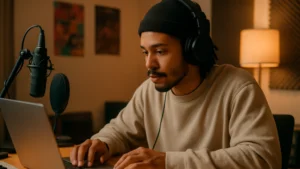
5 Ways to Monetize Your Music (Without Going Viral)
Monetize your music without going viral, learn 5 practical strategies to turn one single into multiple income streams.
Using a beat without the proper license might seem harmless — until it isn’t. From takedowns to lawsuits, beat licensing is a crucial step every rapper or independent artist should understand to protect their career.
If you’re unsure how licensing works or when to upgrade your license, this guide will walk you through everything.
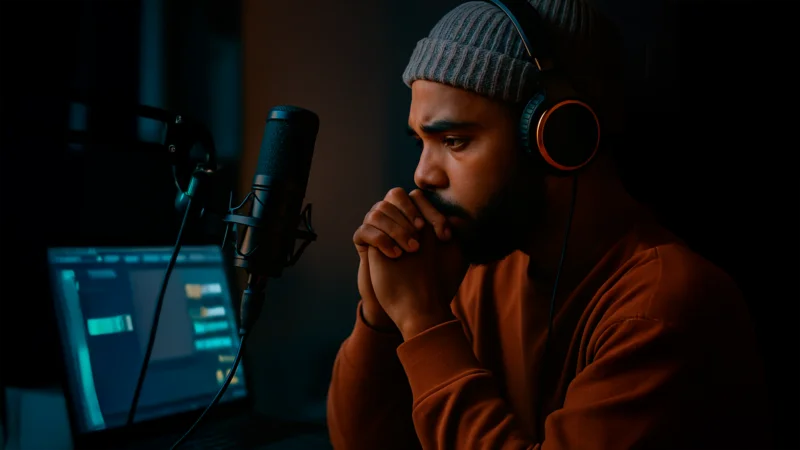
Beat licensing is a legal agreement between a producer and an artist. It gives the artist permission to use the beat under specific terms. Without a license, you’re technically pirating someone else’s work — and that can cost you big.
💡Many artists have had their songs removed from streaming platforms due to improper beat use. It’s more common than you think.
There are usually two main types of beat licensing:
This allows multiple artists to use the same beat. It’s cheaper and great for mixtapes, demos, or early releases.
Only you can use the beat moving forward. It’s more expensive but ideal if you’re serious about releasing, monetizing, or pitching your track.
🧠Producers usually keep the ownership (unless otherwise stated), but you’re buying the rights to use and profit under agreed conditions. If you want to red more about Lease and Exclusive licenses click here.
This is where problems start. Here’s what could happen if a beat license isn’t obtained:
🔥Thousands of artists lose streams, fan growth, and money each year due to improper beat licensing. Don’t be one of them.
Always. But especially if:
Even for freestyles and open verses, a basic beat licensing agreement can save you from future headaches.
Licensing your beats isn’t just about following rules — it’s about protecting your music, your name, and your bag.
Don’t wait until you blow up to handle legal stuff. Beat licensing should be part of your strategy from day one.
🎯Need high-quality beats with clear licenses and real support?
Explore the catalog at Beats by GorJah and get production that elevates your sound and keeps you protected.

Monetize your music without going viral, learn 5 practical strategies to turn one single into multiple income streams.
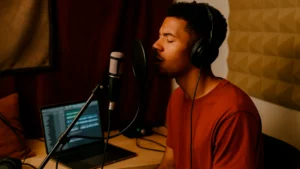
Discover essential vocal recording tips to improve your home studio and capture clean vocals with the mic you already have.
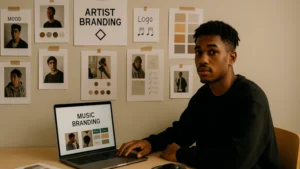
Discover why music artist branding is essential before releasing your first tracks, build recognition and attract loyal fans.
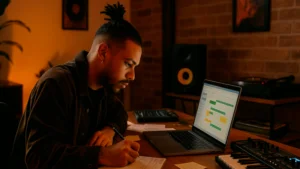
Learn how to release a single with purpose and strategy. Discover how independent artists can turn one song into multiple income streams.